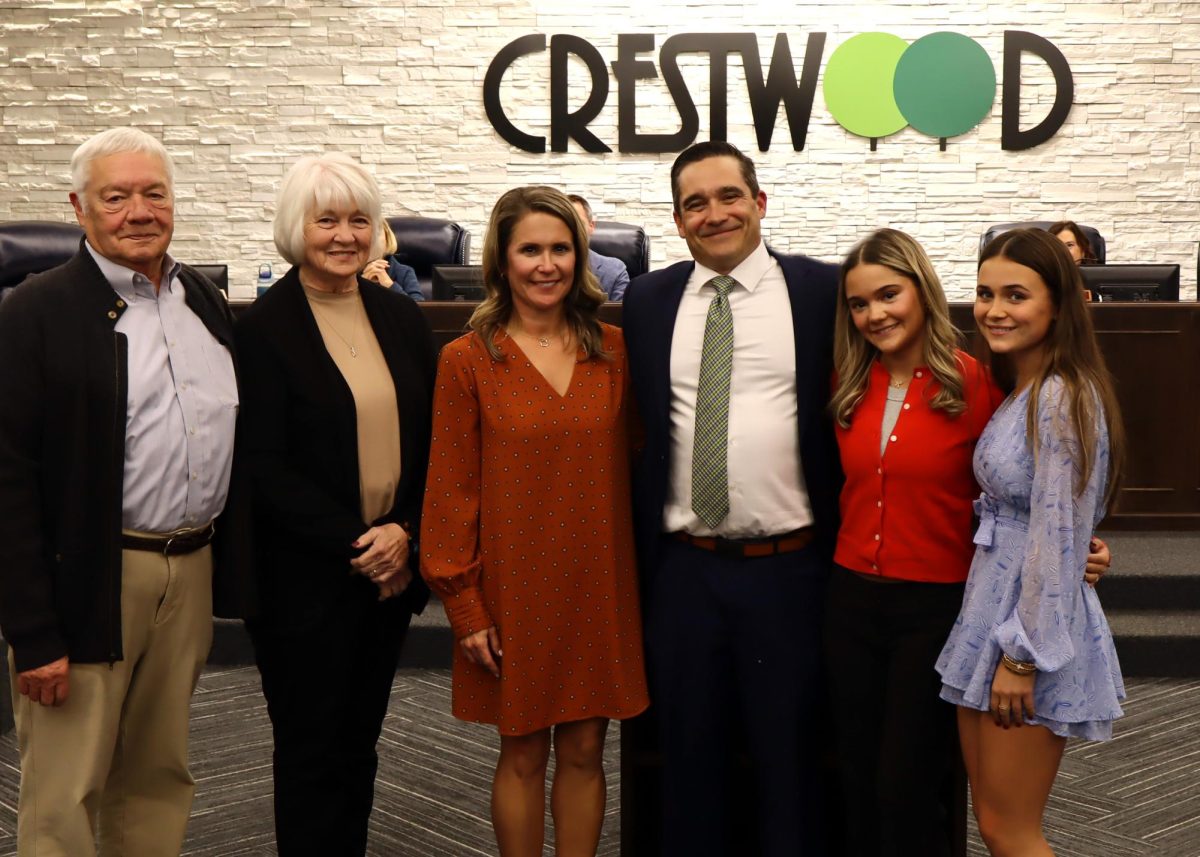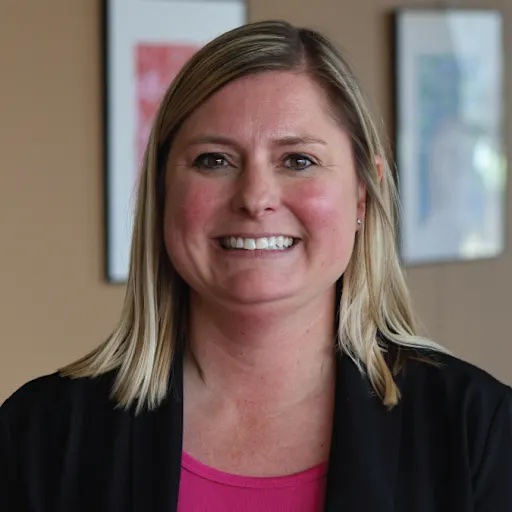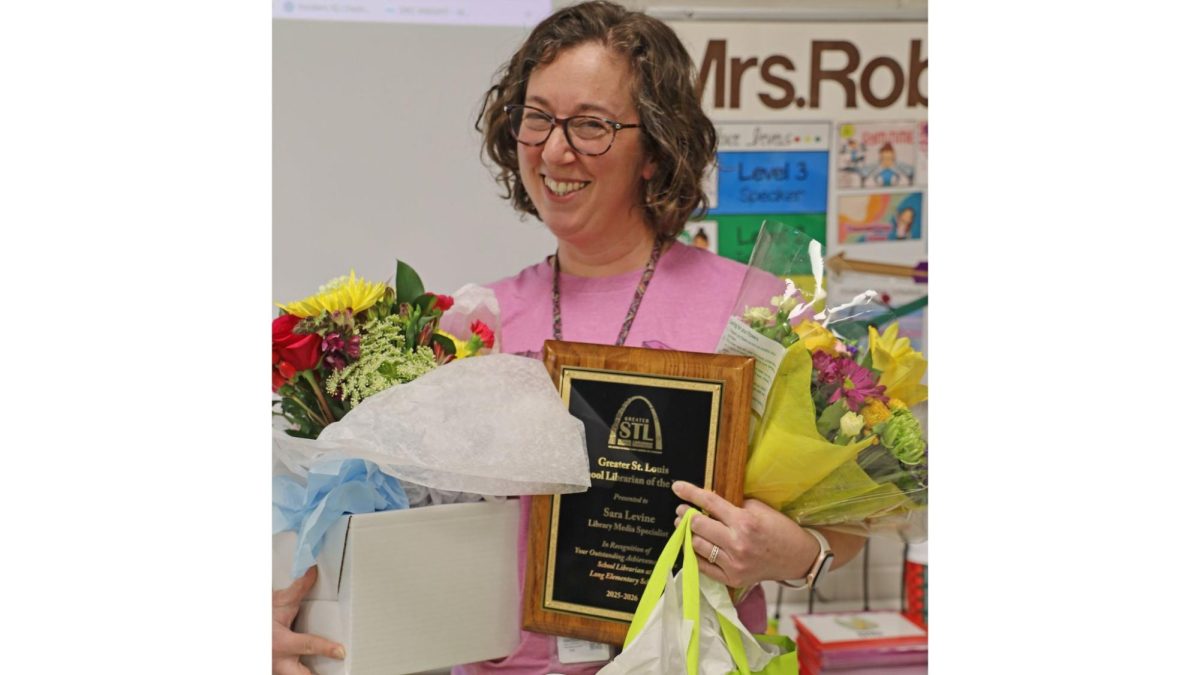A Crestwood road work project that has been nearly three years in the making will soon begin due to approval of a contractor and an engineering consultant firm by the Board of Aldermen.
The board voted unanimously to approve a $1,362,220 construction contract with the Gershenson Construction Co. for phase one of the Spellman Avenue reconstruction project.
Aldermen also voted 6-2 to select HR Green as the engineering consultant for phase one and phase two of the Spellman Avenue project at a cost not to exceed $42,500. Ward 1 Alderman Darryl Wallach and Ward 3 Alderman Paul Duchild were opposed.
Gershenson’s bid was the lowest of four submitted, according to information provided to City Administrator Mark Sime by Public Works Director Michael Pratt.
The board’s selection of Gershenson also authorizes Pratt to execute change orders not to exceed $204,333.
The federally funded project is estimated to cost $3 million for both phases, with the city paying 20 percent of that amount.
The first phase of the project will widen Spellman Avenue to 27 feet from Rayburn to Pinellas, along with the southern half of Ponderosa Drive. The roadway also will have concrete curbs and gutters.
Regarding HR Green, Duchild questioned whether a new request for qualifications, or RFQ, was issued for the engineering consultant, which Pratt said did not occur.
Pratt said he saw HR Green’s involvement as “a continuation” of its previous design services, so he did not believe it was necessary to issue a new RFQ because the “results would surely have been the same.”
“They’ve subsequently (been) selected for phase two based on their qualifications they exhibited in phase one,” Pratt said. “Just imagine that qualification carried forward. I just can’t imagine anyone out there is going to be more qualified to provide the kind of assistance for construction …”
Regardless, Duchild requested that a new RFQ be issued to make the process fair and “just to be thorough.”
“I agree with the need for the service. I can see the case that’s been made …,” he said. “I would generally like to see the request for qualifications go out even if like you said this is probably the best firm to do it.”
City Attorney Lisa Stump said issuing a new RFQ was discussed and it was “concluded legally” that because the services were related to the Spellman project that was bid out in 2011, the previous RFQ would be sufficient.
“Whether to do one now or not ends up being a judgment call …,” Stump said. “Legally we were complying …”
Pratt said having the designer, HR Green, on board for the project in the consulting role will help because the company will know the logic behind design decisions.
The contract is worded so the designer only assists the city at the city’s request, according to Pratt.
“… The contract is structured in such a way that they only come if we call and if they don’t come, it’s no cost,” Pratt said.
Wallach said the insurance obligations for HR Green are not consistent with other vendors which, according to him, have a $2 million requirement for general liability coverage. The coverage listed in HR Green’s insurance obligation is $1 million for each occurrence.
Pratt, however, said the insurance provided is “in accordance with our current ordinance.”
“If it’s this body’s desire to increase insurance requirements, then certainly as a staff we’ll do that,” he said, “but for this particular contract it was not a requirement and the insurance coverage that they have is the normal, usual coverage that you would expect a firm like this to have. And it’s only a $40,000 oversight contract. I personally think the coverage is more than adequate for this particular item.”
City officials, according to Wallach, are “not being consistent” in regard to “the risk transfer obligation that we have with our other vendors.”
“If we require it for one, we need to require it for all,” Wallach said. “Again, I recognize it’s professional trade, but it’s really no different though.”
Though Pratt said he understands Wallach’s point, even though the ordinance does not require $2 million, “there is a $2 million per-incident coverage for the construction contract.”
“The construction contractor will be on site when this consultant and anybody else might visit the site,” Pratt said. “So in fact, they’re covered under that policy were this site to be the cause of some accident.”








